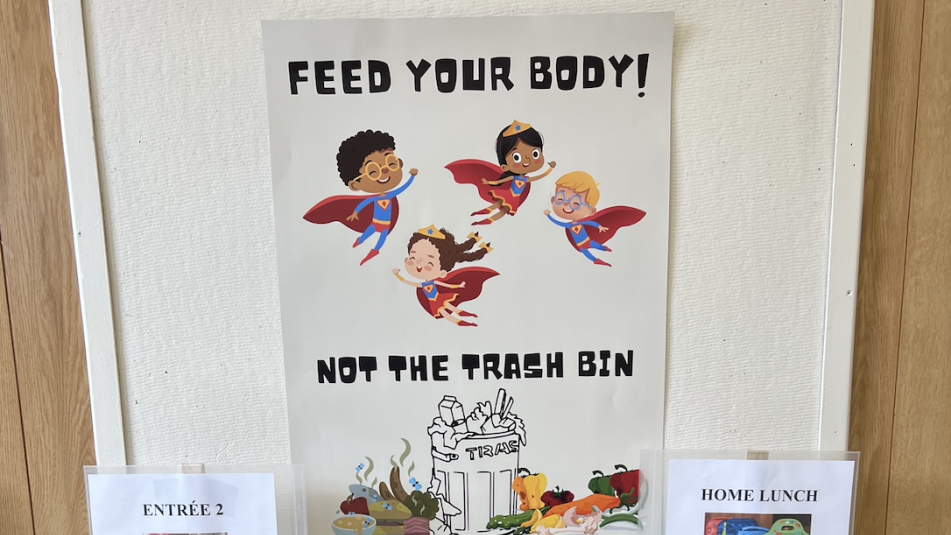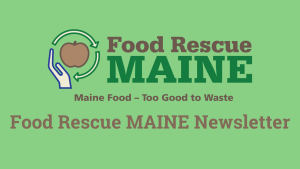Solution 3: Education
Why Solution 3?
The first step to enacting change on any level is education and awareness. Without communicating with Mainers about their food systems, there would be no way to get anyone passionate about this work. At Food Rescue MAINE, we know that education is extremely important. That is why we have given most of our resources to expanding numerous forms of education for broad uses across Maine.
Consumer education is the third-most effective solution for food waste….“ Households are the biggest source of food waste in the U.S., yet American consumers perceive themselves as wasting little, with nearly three-quarters reporting that they discard less food than the average American. Given this lack of awareness, education campaigns on food waste are critical. ”
– ReFED
Solution 3 Pilots:
Go to our solution 6 page to learn more about our pilot communities and to see all of the resources that are available for your city/town!
Want to Get in Touch with Us?
Want to get involved? Take a moment to fill out this quick form so that someone from the Food Rescue MAINE program can reach out to you.





